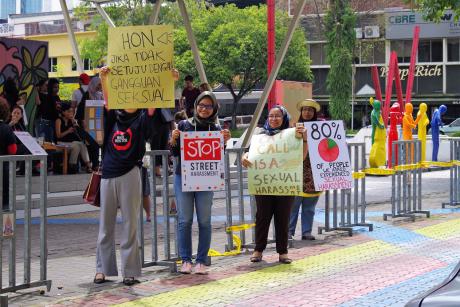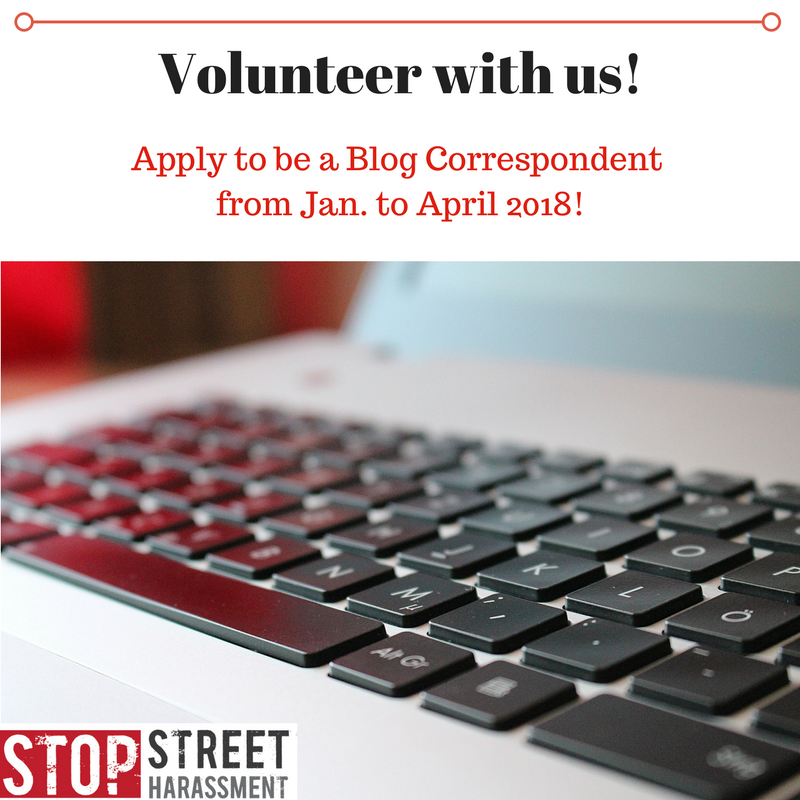Learn about apps to address gender-based violence in this online panel organized by Red Dot Foundation.
Moderator: Holly Kearl, Stop Street Harassment
Panelists: Elsa Marie D’silva, Red Dot Foundation; Kalpana Vishwanathan, Safetipin; Kirthi Jayakumar, The Red Elephant; Ciera Blehm, Ciera



